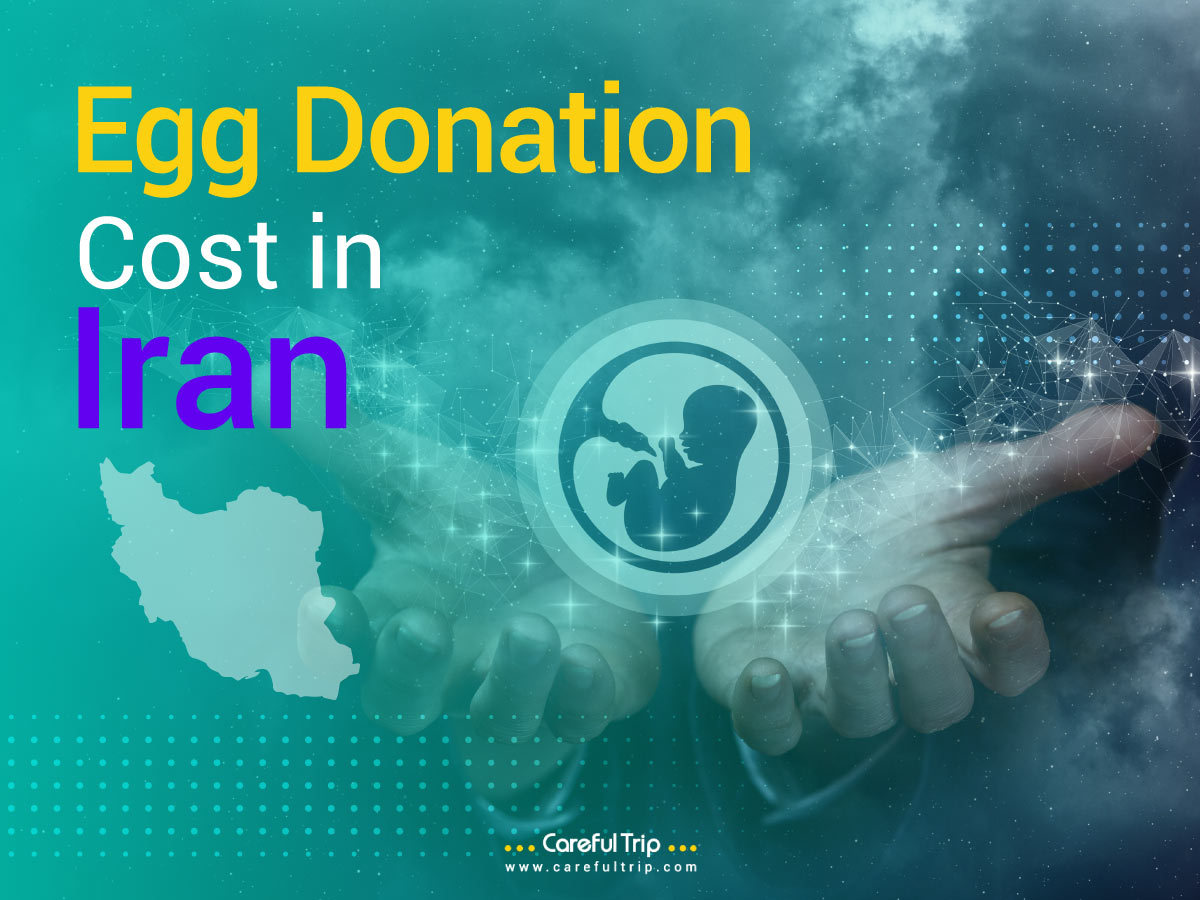
Is one of the most comprehensive health tourism agencies based in Iran, with high success rates in treatments. We provide nearly all the main medical and cosmetic treatments, such as infertility treatment, eye surgery, dental procedures, rhinoplasty, plastic surgery, body contouring, hair transplants, etc. CarefulTrip is in association with the best super specialty clinics, hospitals, and treatment centers in Iran. We also present a lot of special services such as free short-term accommodation, 24-hour assistance, Airport pick up, domestic transportation, visa, translator, follow-up plan, etc., along with the main treatments.

CarefulTrip is the premier healthcare provider in Iran, recognized with the IMTJ certification. The International Medical Travel Journal (IMTJ) certification stands as a testament to our dedication to delivering exceptional treatment, care, and service backed by our highly qualified doctors and dedicated staff.


For those who are looking for the best kind of medical treatments with the most experienced surgeons in fully equipped equipment hospitals at affordable prices, CarefulTrip has unique programs for everyone.
Cosmetic treatments are very popular in Iran. This popularity is because of the patient’s satisfaction, which has resulted in health tourism agencies like CarefulTrip agency. CarefulTrip has a contract with the best cosmetic clinics and hospitals to achieve the highest success rank in treatments.

CarefulTrip takes care of All your needs including accommodation, transfer, visa, and many more.
The experienced Doctors, Modern Hospitals and affordable prices have made Iran the best destinations for medical tourism in the world. Trust us with your treatment!
our All inclusive Packages
In addition to medical and cosmetic treatments, CarefulTrip also provides special services along with treatment during your journey.

Convenient remote consultations with our medical professionals for expert advice and support.

Personalized care, private rooms, and dedicated staff to ensure a comfortable hospital experience.

Assistance in arranging travel, accommodation, and itinerary for a seamless health tourism trip.

Stay connected with local Sim Cards and reliable internet access throughout your stay.

Reliable transportation services for easy travel to medical appointments and destinations.

Explore local attractions and cultural highlights during your health tourism trip.
there is a lot to know about medical and cosmetic procedures. explore our blog to know all you are looking for.









